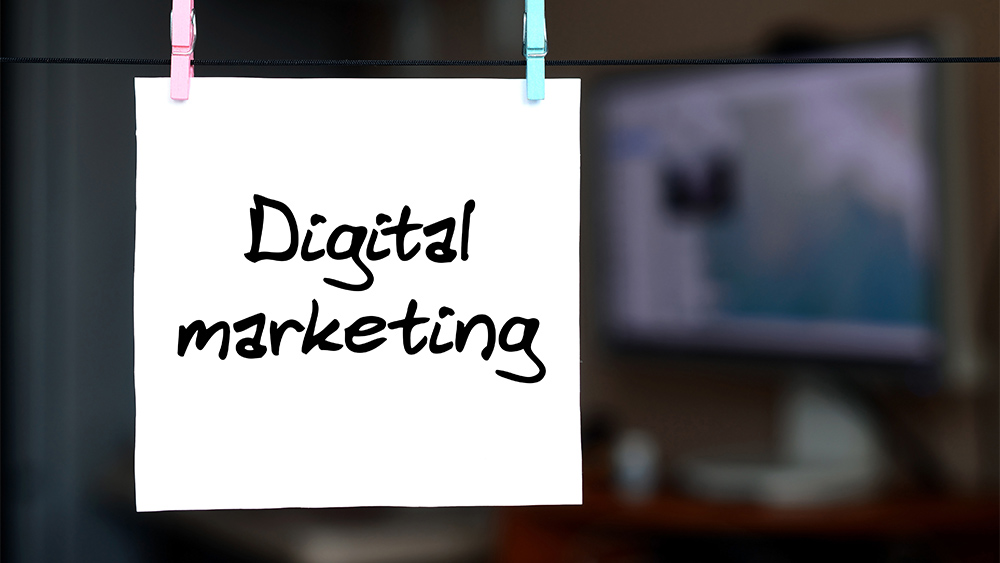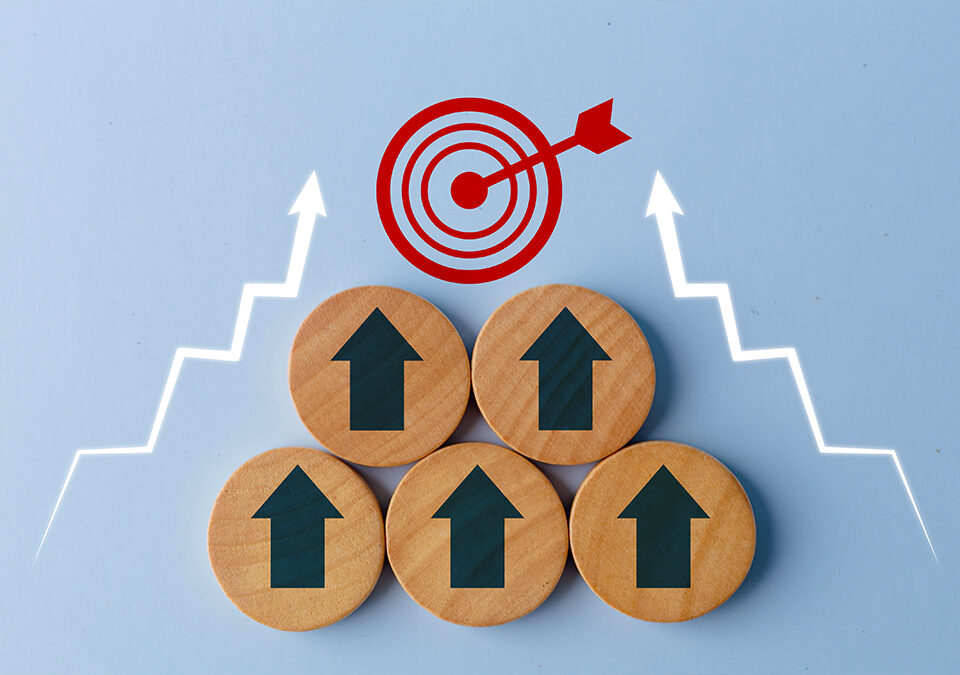Using AI to automate and optimize digital marketing campaigns

How to use gamification to motivate your customers and employees
November 3, 2023Using chatbots to enhance your customer service and sales
November 17, 2023The field of digital marketing is being revolutionized by artificial intelligence (AI) in new ways. Using AI, marketers may save time and money in several key areas, including content generation and campaign optimization. But how does AI function and what are the advantages of employing it in advertising?
How AI works in marketing
Using data and machine learning, AI may enhance the consumer experience and the results of marketing initiatives. Marketers can benefit from AI’s use in several ways, including:
- Creating better content: Improved content creation is possible with the help of AI, which can be programmed to produce copy on any topic and in any voice.
- Forecasting sales: AI can assess past data and current patterns to project sales, income, and profit for the future.
- Personalizing content: AI can personalize material for each client by categorizing them according to their past actions, interests, and requirements, and then sending them tailored messages, offers, and recommendations
- Campaign optimization: AI may run experiments to determine which combinations of keywords, graphics, and headlines result in the highest conversion rates.

Optimizing the costs of digital marketing campaigns using AI
Some of the most important advantages of AI in advertising are as follows:
- Content: Headlines, captions, slogans, articles, and videos may all be created by AI such that they are interesting and relevant to your target audience. Hiring professional writers, designers, or editors is an unnecessary expense that can be avoided. The study found that using AI to create content can boost conversions by as much as 36%.
- Sales: To better estimate future demand, sales, and profitability, AI may examine past data and present patterns. Spending less time guessing and more time planning your finances, stock levels, and prices. Accenture found that by using AI, sales productivity might increase by up to 50 percent.
- Personalization: Customized messages, offers, and suggestions AI may divide clients into groups based on their past actions, interests, and needs to send them content that is more relevant to them. The cost of gaining new consumers can be lowered while client loyalty, retention, and conversion rates are all increased.
- Optimization: AI may test a variety of variables to see which ones result in the highest conversion rates, including keywords, images, and headlines. Your advertising budget and return on investment (ROI) can both benefit from this. Google found that using AI might boost ad performance by as much as 30 percent.

Examples of successful AI marketing campaigns
Brands are increasingly turning to AI to help with digital marketing strategies leading to an increase in the prevalence and success of AI marketing efforts. Here are two examples of cutting-edge brands’ effective use of artificial intelligence in their advertising:
Netflix: To present each viewer with customized suggestions, thumbnails, and previews, streaming behemoth Netflix employs artificial intelligence to analyze user data and behavior. As a result, Netflix can boost customer happiness, loyalty, and activity.
Spotify: Based on user choices, listening history, and mood, Spotify’s AI generates tailored playlists like Discover Weekly and Release Radar. This increases Spotify’s ability to bring in new customers, keep existing ones, and generate income.
Running digital marketing campaigns in Vancouver
Cactus Media Group is a digital marketing agency located in Vancouver that can assist you in integrating AI technology into your organization. At Cactus Media Group we specialize in all digital marketing aspects including web design, development, branding, and marketing. We are experts in search engine optimization (SEO), social media marketing, digital advertising, and more.




